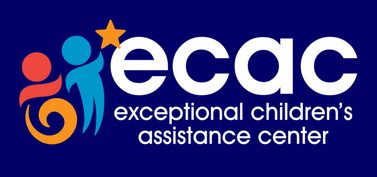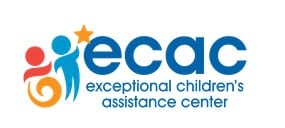10/7/25: Reimagining Support: A New Way to Learn and Transform Lives for Medically Fragile Kids - We will take a look at the new media channel for Advocates for Medically Fragile Kids NC and see how this tool can put more information into the hands of parents. Presented by Jenny Hobbs
10/14/25: Virtual Meetings 101 - Virtual IEP meetings are occurring more and more frequently. In this webinar, we will explore how to navigate virtual meetings while still maintaining communication and collaboration. Join us for some tips and tricks as well as supporting resources. Presented by Anastacia Newton, Parent Educator
10/21/25: From Incident to Insight: Actively Participating in a Manifestation Determination Review (MDR) - Your guide to a successful Manifestation Determination Review: prep, participation tips, and ECAC’s MDR Checklist. Presented by Mandy Sonnenberg, PTI Manager
10/28/25: What is the Prior Written Notice and why does it matter? - Other than the Individualized Education Program (IEP), the Prior Written Notice (PWN) is one of the most important documents in the special education process. We will go through the PWN form and discuss why it is critical to make sure that it is accurate. We will also touch on other places where IEP team decisions are documented. Presented by Doreen Byrd, Lead Parent Educator



